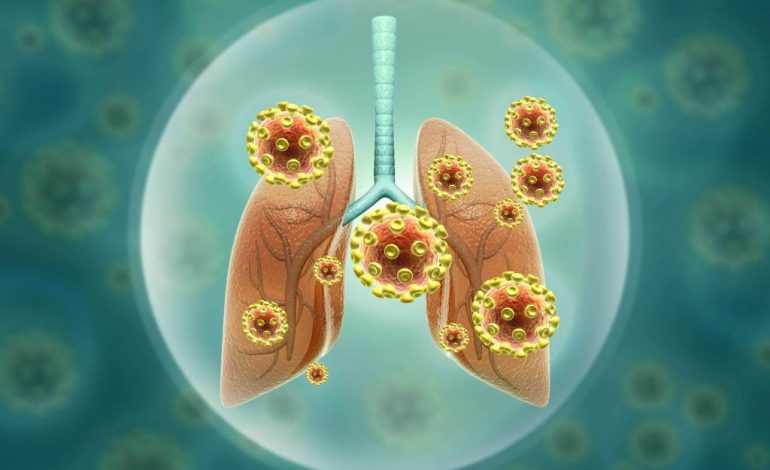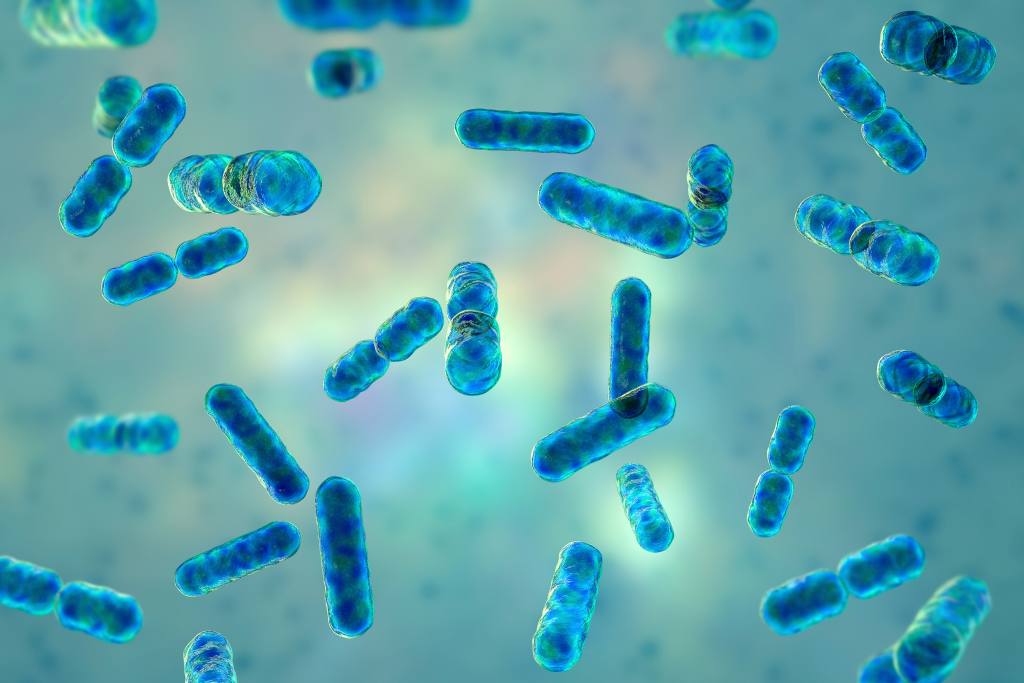The Human Microbiota in Health and Disease

The human microbiota, a vast community of microorganisms residing in our bodies, plays a crucial role in maintaining health. From aiding digestion to regulating the immune system, these microscopic allies are involved in numerous physiological processes. However, when this delicate balance is disturbed, it can lead to various diseases. Understanding the human microbiota’s role in both health and disease is essential for advancing medical knowledge and improving treatments.
The Role of Microbiota in Maintaining Health
The human microbiota consists of trillions of bacteria, viruses, fungi, and other microorganisms, primarily located in the gut. These organisms are not just passive inhabitants; they actively contribute to our well-being. One of the key functions of the microbiota is aiding digestion. By breaking down complex carbohydrates and fibers that the human body cannot digest on its own, the gut microbiota produces short-chain fatty acids, which are essential for colon health and provide energy.
Furthermore, the microbiota plays a significant role in immune system regulation. By interacting with immune cells, it helps the body distinguish between harmful pathogens and beneficial microorganisms. This interaction is crucial in preventing autoimmune diseases, where the immune system mistakenly attacks the body’s own cells. Additionally, the microbiota produces essential vitamins like B12 and K, which are vital for various bodily functions.
Disruptions in Microbiota and Disease
While a healthy microbiota supports various bodily functions, an imbalance can lead to numerous health issues. This imbalance, known as dysbiosis, can be caused by factors such as poor diet, antibiotics, stress, and lack of sleep. Dysbiosis has been linked to a range of diseases, including inflammatory bowel disease (IBD), obesity, and type 2 diabetes.

In IBD, for example, an overgrowth of harmful bacteria and a decrease in beneficial bacteria lead to chronic inflammation in the gut. Similarly, dysbiosis has been associated with obesity, where an altered microbiota composition may affect the way the body stores fat and regulates hunger. Moreover, research suggests that dysbiosis can impact mental health, contributing to conditions like anxiety and depression by affecting the gut-brain axis.
Microbiota and Its Connection to Chronic Diseases
Recent studies have highlighted the connection between the microbiota and chronic diseases such as cardiovascular disease and cancer. The gut microbiota influences cholesterol metabolism, which plays a crucial role in cardiovascular health. Certain bacteria can convert dietary fiber into substances that help reduce cholesterol levels, thereby lowering the risk of heart disease. Conversely, an imbalance in the microbiota can lead to increased inflammation and higher cholesterol levels, contributing to the development of cardiovascular diseases.
In cancer, particularly colorectal cancer, the microbiota’s role is increasingly being recognized. Some bacteria produce toxins that can damage the DNA in colon cells, leading to cancer development. On the other hand, a balanced microbiota can help protect against cancer by enhancing the immune system’s ability to detect and destroy cancer cells. Understanding these connections opens new avenues for potential treatments, such as using probiotics to restore a healthy microbiota balance.
Future Directions: Microbiota-Based Therapies
Given the significant role of the microbiota in health and disease, there is growing interest in developing microbiota-based therapies. Probiotics, prebiotics, and fecal microbiota transplantation (FMT) are some of the approaches being explored. Probiotics, which are live beneficial bacteria, can help restore balance in the microbiota, especially after antibiotic use. Prebiotics, which are non-digestible fibers, serve as food for beneficial bacteria, promoting their growth.
FMT, though still in its early stages, has shown promise in treating conditions like Clostridium difficile infection by restoring a healthy microbiota through the introduction of a donor’s microbiota. As research progresses, these therapies could become more refined and tailored to individual microbiota profiles, leading to personalized treatments for various diseases.
Conclusion
The human microbiota is a vital component of our overall health, influencing everything from digestion to immunity. While a balanced microbiota supports health, disruptions can lead to a wide range of diseases, from inflammatory conditions to chronic diseases like cancer and cardiovascular disease. As our understanding of the microbiota deepens, new treatment possibilities are emerging that could revolutionize medicine. By maintaining a healthy lifestyle and staying informed through reliable sources like medical websites, we can support our microbiota and, in turn, our overall health.








